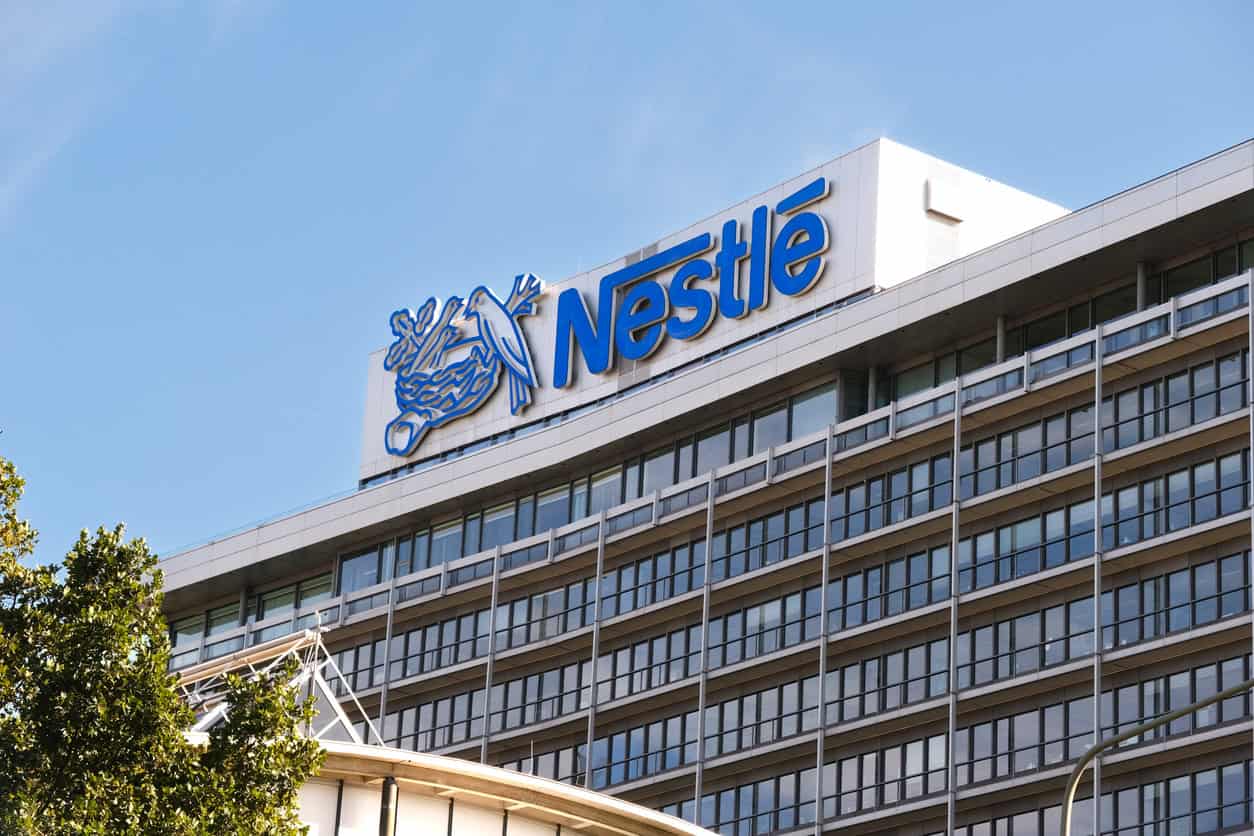
iStock.com/Victor Golmer
Nestlé Launches New Food Line Targeting Ozempic Users
May 22, 2024
Nestlé has announced that it will be launching a new food line that targets Ozempic and other GLP-1 users in a move that could see the food manufacturer tap into a multi-billion dollar market.
The New York Post reports that the food line, called Vital Pursuit, will start with the launch of 12 products, including frozen protein pasta, sandwich melts, and pizzas. These products, according to the outlet, will have a higher concentration of protein and other essential vitamins and minerals, including iron, vitamin A, and potassium.
What’s more, Vital Pursuit meals will be portion-controlled, and specifically designed for “a weight loss medication user’s appetite,” the company said in a press release.
This is the first time Nestlé has created foods that are specifically designed for GLP-1 users, whose medicines include drugs that go by the brand names Wegovy and Ozempic and under the generic name semaglutide. Tirzepatide, which is also a GLP-1 drug, goes by the brand names Mounjaro and Zepbound.
In addition, Nestlé said that it is at the forefront of a “growing market opportunity.” In the company’s press release announcing the new food line, the American Pharmacists Association revealed that one in 60 adults were prescribed a GLP-1 medication in 2023, and that number is expected to increase exponentially by 2030. 30 million people, or about 9% of the overall population, could be on some form of GLP-1 drug.
That will bring the market for foods like Nestlé’s Vital Pursuit to exceed $100 billion by 2030.
News of the Vital Pursuit line by Nestlé comes amid reports that Novo Nordisk invested $6 billion into Ozempic and Wegovy earlier this month. The investment comes in an attempt to stave off the increasing delays in accessing the medication.
Novo Nordisk’s Negelle Morris, senior vice president and head of cardiometabolic sales in the United States, discussed the subject with Good Morning America. Morris stated that despite the company’s financial investment in these therapies, there will probably still be delays in releasing the highly sought-after medications.
Morris stated, “It’s not like a light switch,” during an appearance on the morning show. “The strategy is to be very mindful and thoughtful about the amount of the lower doses that we’re putting into the market, and I think that over time, the investments that we’re making in manufacturing capabilities will ensure that over time we’re able to meet that demand.”
Recent News
Free Baconators All Weekend at Wendy’s
This Father’s Day weekend, Wendy’s is rolling out a special offer to celebrate dads with one of their most iconic menu items. From Friday, June 14 through Sunday, June 16, Wendy’s is offering a buy one, get one free deal on their famous Baconators.
Apple Expands Apple Pay Features
Apple has long been seen as a disruptive force in the banking sector, but the relationship between technology giants and traditional financial institutions is evolving into a more symbiotic one. This week, Apple made several significant announcements at its Worldwide Developers Conference in Cupertino, California, showcasing enhancements to its digital wallet, Apple Pay. These updates signal a deepening partnership between Apple and banks, offering mutual benefits in the competitive landscape of financial technology.
Old-School Identity Theft on the Rise
Old-school identity theft is making a strong comeback, with fraudsters targeting unsuspecting victims by using stolen checks, fake IDs, and forged signatures. This resurgence has left banks and government authorities scrambling to address the increasing threats.
Automotive Industry Faces Deflationary Pressures
In recent months, the automotive industry has been grappling with a growing challenge: consumers delaying their new car purchases. Despite improved availability and a return to normalcy in automotive production, high interest rates and price volatility have made many potential buyers hesitant. This reluctance to buy now, in the hopes of securing a better deal later, is setting the stage for a deflationary spiral that could have serious implications for the industry.
